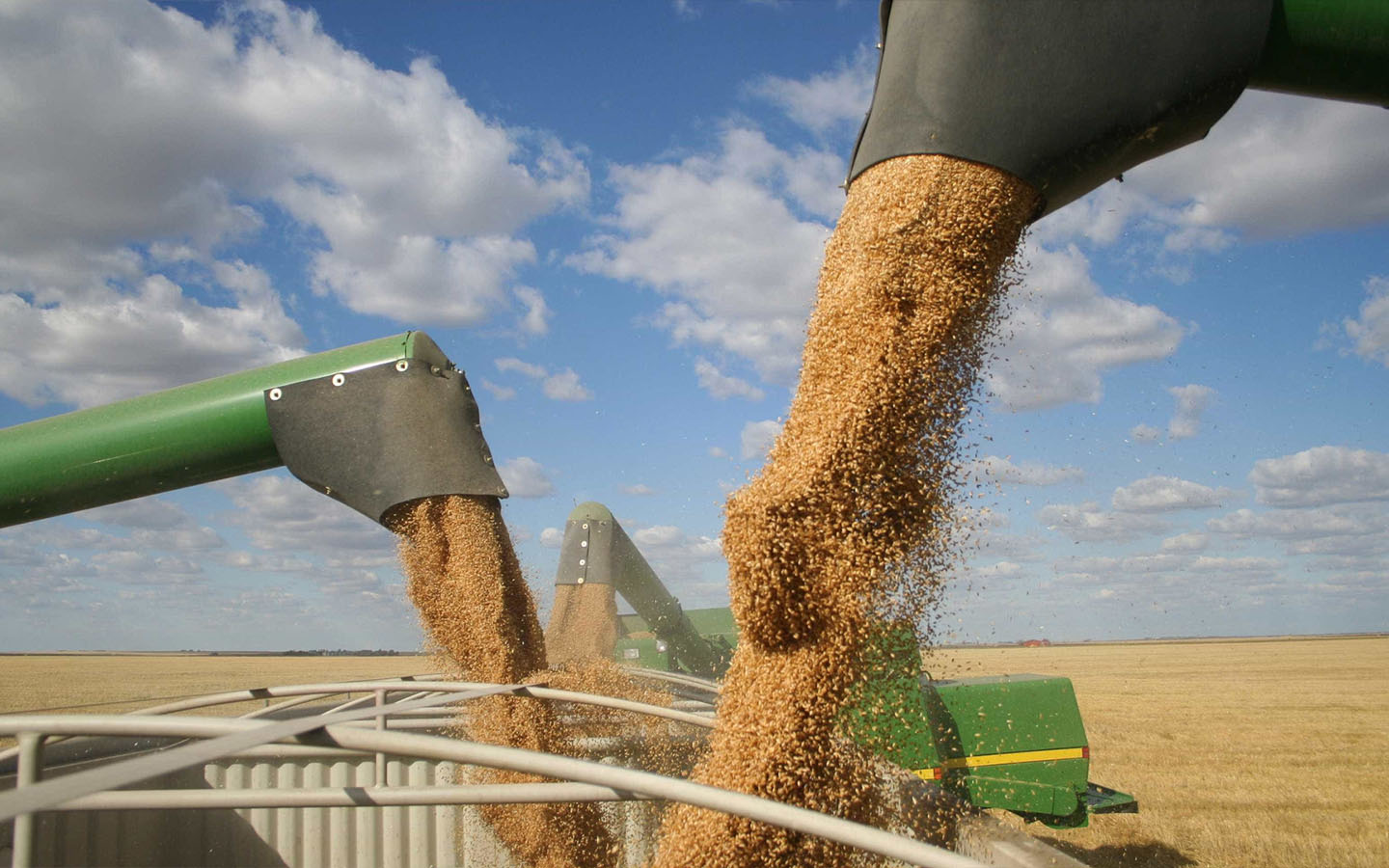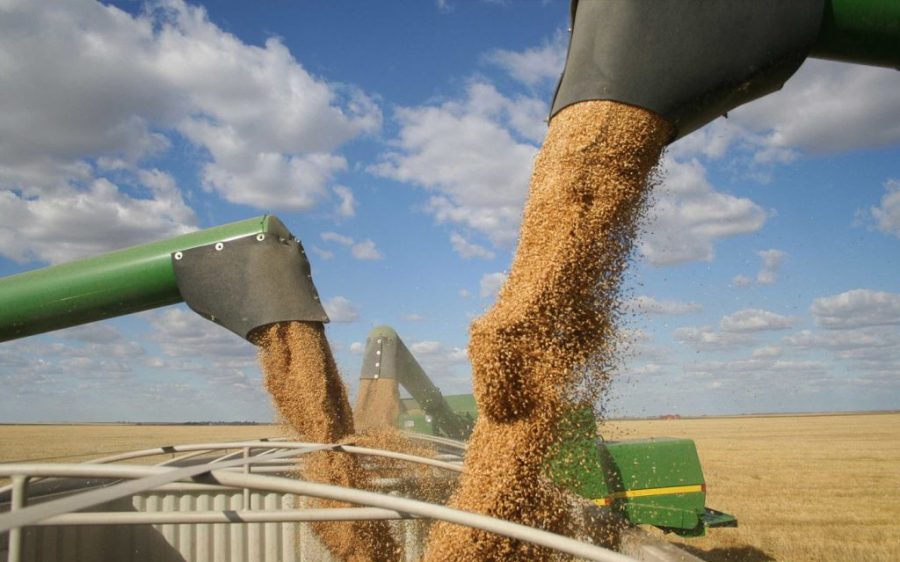Brazil is a global leader in exports of at least seven food commodities according to a new report from Brazilian financial company BTG Pactual.
The company finds that Brazil is the largest single exporter of orange juice (responsible for 76 percent of the global total), soybeans (56 percent), sugar (44 percent), poultry (33 percent), corn (31 percent), coffee (27 percent) and beef (24 percent). It is also the second-largest exporter of two non-food commodities: ethanol and cotton.
While the country boasts over 200 million citizens, BTG Pactual estimates that it produces enough food to meet the needs of approximately 900 million people, or 11 percent of the global population.
[See more: China fuels record Brazilian agricultural exports]
Brazil had already earned the moniker “breadbasket of the world” in the 1930s and 1940s, and agriculture has been on an upward trajectory ever since. Since 1977, for example, grain production has surged 148 percent, from 47 million tons to 312 million tons today.
Agricultural productivity has grown 58 percent since 2000, well ahead of the rates seen in emerging countries (37 percent) and advanced economies (32 percent). That high productivity has allowed Brazil to make tremendous gains while dedicating a far smaller portion of land (8 percent) to agriculture than nations like neighbouring Argentina (14 percent), the US and China (18 percent), France (58 percent) and India (61 percent).
The one major food commodity not seeing such productivity is beef. “Brazilian pastures are still poor in terms of quality and productivity,” according to the report, which estimates that 40 percent of the 73 million hectares used for cattle ranching are “moderately or severely degraded.” They recommend converting these areas to cropland, a move that would also cut down on carbon emissions.






